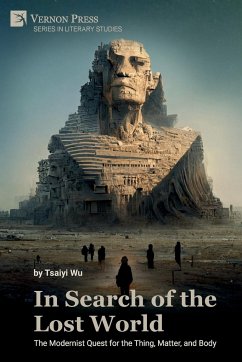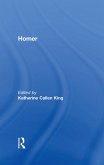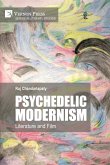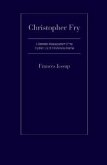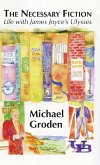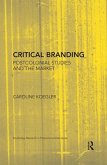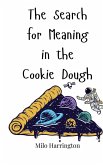From a historical perspective, the book studies how modernist artists, as the first generation who began to rethink intensively the legacy of German Idealism, sought to recreate the self so as to recreate their relationships with the material world. Theoretically, the book converses with the topical de-anthropocentric interests in the 21st century and proposes that the artist may escape human-centeredness through the transformation of the self. Part One, "Artificiality," begins the discussion with the fin-de-siècle cult of artificiality, where artists such as Theophile Gautier, Charles Baudelaire, J.K. Huysmans, and Gustave Moreau dedicate themselves to love stony sphinxes, marble statues, and inorganic appearances. The cult of artificiality is a mischievous subversion to Hegel's maxim that inwardness is superior to matter. In the cult of artificiality, art is superior to nature, though art is no longer defined as immaterial imagination but rather reconfigured as mysterious appearances that defy signification and subjugate the feeling heart. Part Two, "Auto-philosophical Fiction," discusses the genre where the artists (Marcel Proust, Walter Pater, and Virginia Woolf) set philosophical ideas in the laboratory of their lives and therefore translate their aesthetic ideals-the way they wish to relate to the world-into a journey of self-examination and self-cultivation. In Pater's novel 'Marius the Epicurean', the hero explores how a philosophical percept may be translated into sentiments and actions, demonstrating that literature is a unique approach to truth as it renders theory into a transformative experience. Exploring the latest findings of empiricist psychology, the artists seek to escape the Kantian trap by cultivating their powers of reception and to register passing thoughts and sensations. Together, the book argues that de-anthropocentrism cannot be predicated upon a metaphysics that presumes universal subjectivity but must be a form of aesthetic inquiry that recreates the self in order to recreate our relationships with the world.
Hinweis: Dieser Artikel kann nur an eine deutsche Lieferadresse ausgeliefert werden.
Hinweis: Dieser Artikel kann nur an eine deutsche Lieferadresse ausgeliefert werden.

